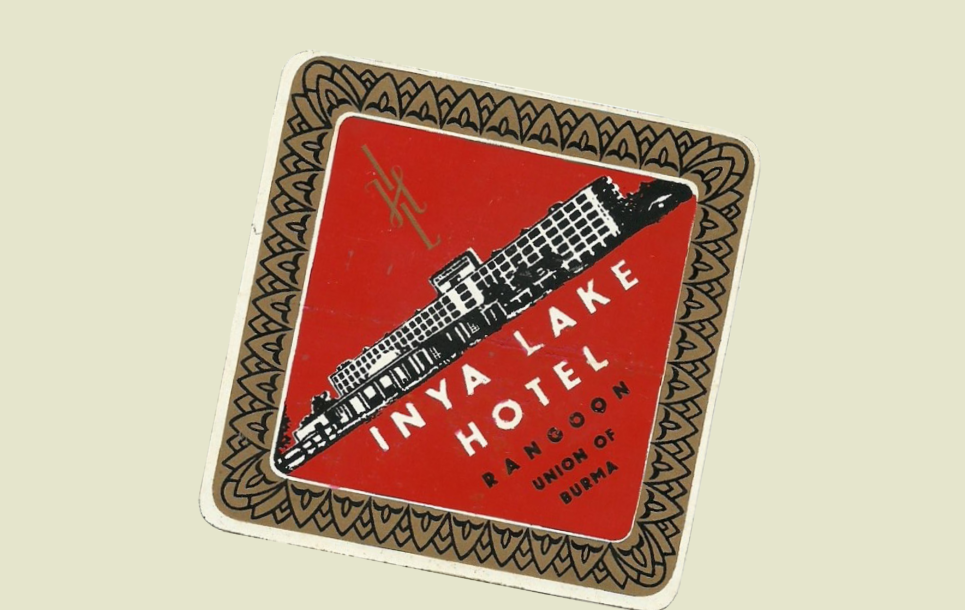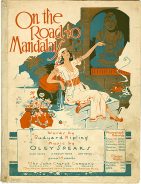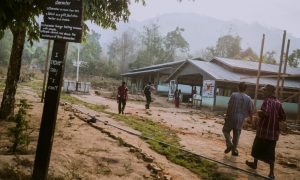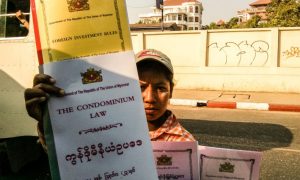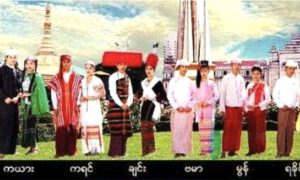When I joined the Australian Department of Foreign Affairs in 1973, my fellow trainees and I were told that diplomatic receptions were not simply social gatherings at which the illuminati could drink cocktails, eat canapes and trade gossip. Rather, they were important functions at which a lot of official business could be conducted. Indeed, such occasions were portrayed as valuable opportunities to collect information and explore the views of colleagues and local contacts.
Armed with this insight into global diplomatic practice, I was posted to Rangoon in early 1974 keen to do my bit at the many receptions and dinner parties which characterised diplomatic life in Burma’s old capital. It did not take very long, however, for me to learn that the picture portrayed of such gatherings was not quite accurate. Certainly, receptions and similar functions were used to gather intelligence and exchange confidences, but not only in the way that I had been led to believe.
In those days of General Ne Win’s isolated socialist regime, tourists could only get a seven-day visa to Burma, and barely 1,000 foreigners were permitted to live there. Almost all residents were the representatives of foreign governments and international organisations. Due to the many constraints imposed on this community, reliable information was scarce, encouraging a roaring trade in anecdote and speculation. This was brought home to me one evening when I attended a reception at the Inya Lake Hotel.
On arriving at the hotel, I thought I heard machine-gun fire coming from the test range that was attached to a small arms factory just across the lake. This prompted me to make a joke to the Defence Attache of a regional country, who I encountered entering the reception at the same time. Not fully appreciating this officer’s reputation for passing on unreliable gossip, usually in an exaggerated form, I wondered aloud if the gunfire I had heard was the opening round of a coup by an anti-Ne Win faction in the armed forces.
Unfortunately, the DA took me seriously, as I discovered later when I caught up with my ambassador. He told me that we may need to open up the embassy and send an urgent cable to Canberra, as there had apparently been an attempt to overthrow Ne Win’s government. On questioning him about this rumour, I realised that the DA had been regaling everyone at the reception with his scoop. The ambassador was not pleased at having to tell his excited colleagues that the coup story stemmed from my playful aside.
As I also discovered, when they were not speculating about the inner workings of Ne Win’s idiosyncratic regime, members of the diplomatic community were talking about another critical issue, namely the state of their health. In those days, Burma had a very poor record for public hygiene, and eating any of the local food carried considerable risks. Most resident foreigners periodically suffered from bouts of diarrhoea, popularly known as the “Rangoon rumbles”, among other ailments.
In these circumstances, the most vital intelligence traded at diplomatic receptions related not to official matters, but to the dangers of eating various comestibles on official calls. Dire warnings were sounded about the curry puffs provided by the Ministry of Planning and Finance. On no account should anyone sample the small cakes with pink icing offered at the Ministry of Transport and Communications. And woe betide anyone imbibing the soft drinks passed around at the Ministry of Cooperatives as, given the shortage of vegetable dyes, they were sometimes coloured with toxic chemical dyes.
It was a source of great amusement to fledgling diplomats like me that ambassadors and other dignitaries spent so much time standing around discussing such matters, and related concerns such as the location of the nearest available public toilets, in case of emergencies. However, I later learned that this was not an isolated phenomenon. In his 1975 book The Great Railway Bazaar, for example, the travel writer Paul Theroux described a discussion he had with a group of foreigners in India, the sole topic of which was “the mainstay of American small talk in India: The American on His Bowels”.
Burma and the Kipling mystique
Andrew Selth analyses the influence of the bard of the British Empire, Rudyard Kipling
A perennial topic was sex, or the lack of it. Due to several factors, including Burmese cultural traditions, official disapproval and language problems, few foreign men enjoyed close personal relationships with local women. Liaisons between foreign women and local men were even rarer. As a consequence, most sexual encounters were between foreigners, both married and unmarried. The resulting incestuous atmosphere inevitably led to a great deal of gossip, including at diplomatic receptions.
All these exchanges were of course fuelled by duty-free liquor, which was plentiful and cheap. It was said at the time that drinking gin was easier than boiling the water.
I did not realise it at the time, but it was not long before I too fell into the pattern of discussing such matters at diplomatic gatherings, along with the usual talk of political and economic crises, both real and imagined. Just how accustomed I became to the expatriate scene was brought home to me when, towards the end of my posting, I took a visiting Australian friend to a reception. Afterwards, I was surprised when she said to me, in incredulous tones, that all diplomats seemed to talk about was bowels, bugs and bonking.
Burma (now Myanmar) has been transformed since those days. It has a quasi-civilian government, the economy is more open and the country is flooded with foreigners, of all kinds. Modern facilities are growing in range and number, imported consumer goods are fast replacing traditional wares and for many living conditions have improved. That said, I cannot help wondering whether the topics of conversation at diplomatic receptions have changed all that much, from those pursued by the foreign community fifty years ago.
 Facebook
Facebook  Twitter
Twitter  Soundcloud
Soundcloud  Youtube
Youtube  Rss
Rss 